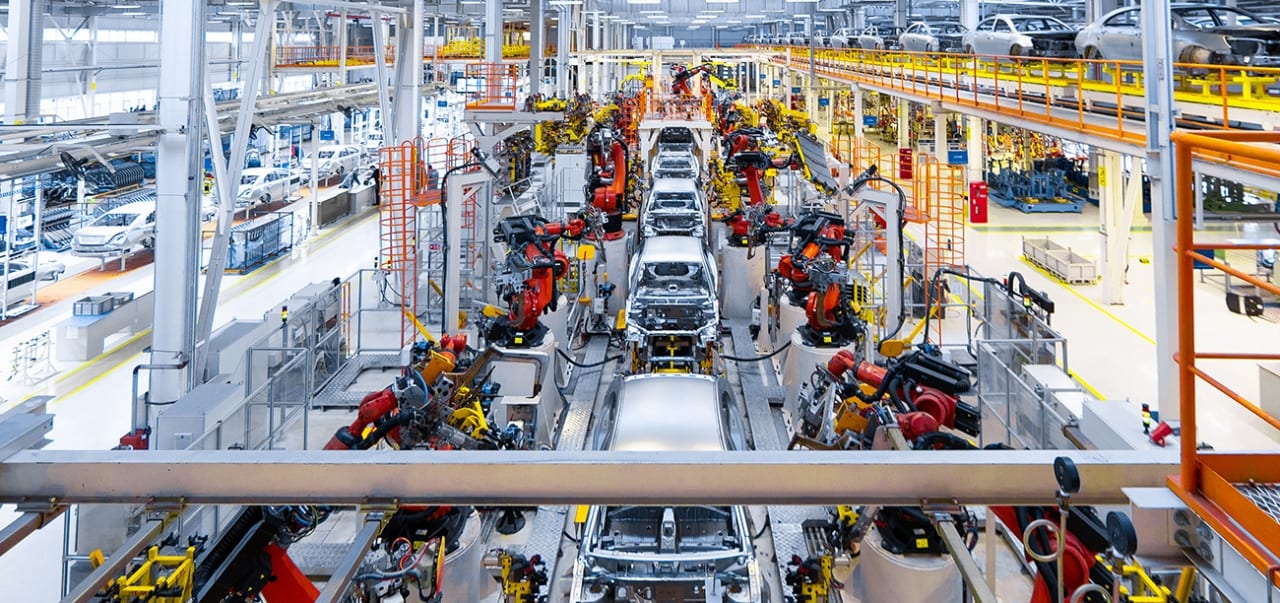As part of the 2021 UK budget, the British government has introduced the largest tax incentive on plant and equipment capital investments in their history.
This incentive, known as the super deduction, allows UK companies to claim 130% capital allowances on qualifying plant and machinery investments. This is an increase on the 18% ordinary relief prior and came into effect on 1st April 2021 running until the end of March 2023.
Alongside the super deduction, the UK government also introduced a 50% first year allowance (FYA) on for special rate assets until 31 March, up from a 6% allowance previously. These changes make the UK capital allowance regime more internationally competitive, lifting the net present value of UK plant and machinery allowances from 30th to 1st in the OECD.
What does this mean for you and your UK customers?
This incentive reduces the effective cost of equipment for UK manufacturers, thus making plant and machinery investments more attractive.
For example, under current rules, if a company invests £100,000 in a piece of equipment they can write off the cost of that equipment against their tax bill. i.e. Since 19% of £100,000 is £19,000, the effective cost of their equipment is £81,000.
With the new super deduction, you can write off 130% of your investment in “plant and machinery” against your tax bill. i.e. 130% of £100,000 is £130,000, which at the 19% corporate tax rate allows you to write off £24,700. This means the effective cost of your equipment is now £75,300. Therefore, companies are incentivised to move forward or make additional capital investments.
This is necessary as investment has dropped significantly due to the pandemic in the UK which was on top of historically low business investment relative to the UK’s peers. Chancellor Rishi Sunak reiterated this need for increased investment “With the lowest corporation tax in the G7, we need to do even more to encourage businesses to invest – for decades we have lagged behind our international peers”.
It is expected that these incentives should act as a catalyst to the return of capital investment in the UK post pandemic with Stephen Phipson of MAKE UK (The UK manufacturer’s association) stating that the super deduction should “turbocharge investment”.
For many manufacturers in the UK investment cycles have stalled or been delayed due to Covid-19 and Brexit and may now be looking at capital investments for the first time in several years. According to a MAKE UK survey following the budget announcement, almost a quarter (22.6%) of manufacturers stated plans to increase investments in response to the super deduction. Furthermore, 28.1% of those surveyed said they will bring forward planned investments in response.
This indicates the impact that these incentives will have on investments in 2021 and beyond, potentially making your customer base more receptive to your offering.
This is one of the first major supports brought in for manufacturers since the UK industrial strategy was axed earlier this year and it is expected that there is further supports to come for UK manufacturers. There has been calls for an overarching plan for business to replace the industrial strategy, bringing together policies around sustainability, skills and trade, but it is uncertain whether such a plan will be put in place.
Nevertheless, the introduction of incentives like the super deduction are sure to be welcomed by manufacturers in the UK and Irish companies should ensure they are up to date with any supports their customers may be receiving for their product/service. To learn more about Tax super deduction visit www.gov.uk.



